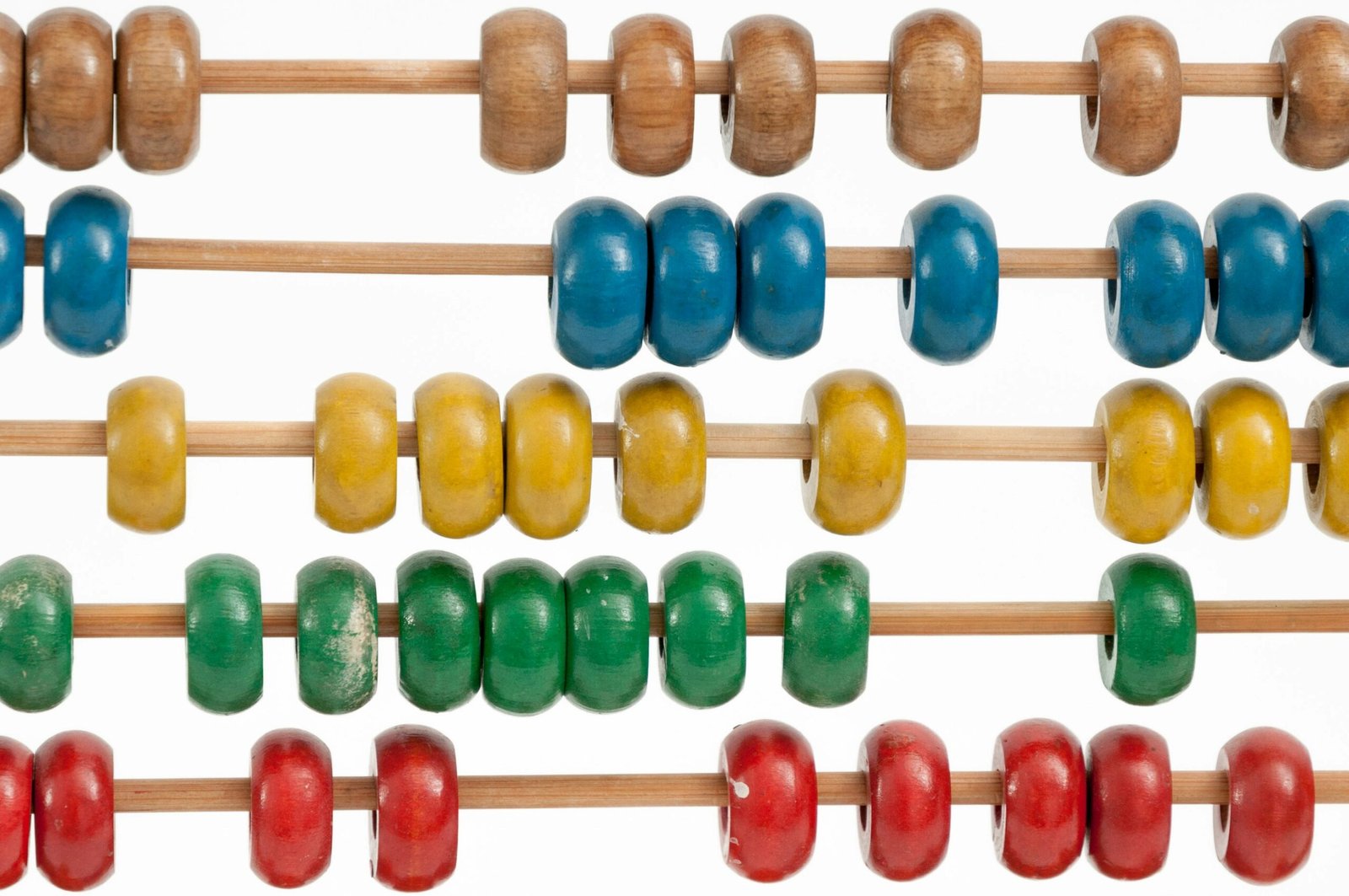The Fascinating History of the Computer Abacus

When we think of computers, we often envision sleek devices with advanced processing capabilities. However, the history of computers dates back much further than the digital age. In fact, one of the earliest computing devices, known as the abacus, has a rich and fascinating history that spans thousands of years.
The Origins of the Abacus
The abacus is believed to have originated in ancient Mesopotamia around 3000 BCE. It was a simple counting tool consisting of beads or stones placed on rods or wires. The earliest abaci were made from materials such as clay, wood, or metal, depending on the resources available in a particular region.
Over time, the abacus evolved and spread to various cultures, including the Egyptians, Greeks, Romans, and Chinese. Each civilization added its own modifications and improvements, resulting in different types of abaci.
The Chinese Abacus
One of the most well-known versions of the abacus is the Chinese abacus, also known as the suanpan. It consists of a rectangular frame with rods or wires, each containing a series of beads. The suanpan typically has two beads on the upper deck and five beads on the lower deck of each rod.
The Chinese abacus became widely used during the Ming Dynasty (1368-1644) and continued to be popular until the introduction of electronic calculators in the 20th century. It was not only used for basic calculations but also for complex mathematical operations, such as multiplication, division, and square roots.
The Role of the Abacus in History
The abacus played a crucial role in various aspects of human history. In ancient times, it was used by merchants, traders, and accountants to perform calculations quickly and accurately. Its portability and simplicity made it an indispensable tool for commerce and trade.
During the Renaissance period, the abacus gained prominence as an educational tool. It was taught in schools to help students develop their mathematical skills and mental calculations. The abacus was also used by astronomers, engineers, and scientists for complex calculations in fields such as astronomy, navigation, and architecture.
The Abacus and Modern Computing
While the abacus may seem primitive compared to modern computers, its principles and concepts laid the foundation for the development of advanced computing systems. The abacus introduced the idea of using a physical device to represent and manipulate numerical values, a concept that is fundamental to modern digital computers.
The binary system, which forms the basis of modern computing, can be traced back to the abacus. The arrangement of beads on the rods allowed for the representation of numbers in a binary format, with each bead representing a value of either one or zero.
Furthermore, the abacus served as an inspiration for early mechanical calculators and computing machines. Innovations such as the Pascaline and the Difference Engine, developed in the 17th and 19th centuries respectively, were influenced by the principles of the abacus.
The Abacus Today
Although the abacus is no longer widely used for everyday calculations, it still holds value as a teaching tool and a symbol of mathematical prowess. Many schools and educational institutions continue to teach abacus-based mental arithmetic as a way to enhance students’ mathematical abilities and improve their concentration and memory skills.
In addition, the abacus has found a place in cultural heritage and artistic expression. It is often featured in traditional performances, such as Chinese and Japanese abacus competitions, where participants showcase their mental calculation skills using the abacus.
In Conclusion
The history of the computer abacus is a testament to the ingenuity and resourcefulness of ancient civilizations. From its humble beginnings as a simple counting tool to its influence on modern computing, the abacus has left an indelible mark on human history. It serves as a reminder of the timeless pursuit of knowledge and the remarkable ways in which humans have sought to solve complex problems throughout the ages.